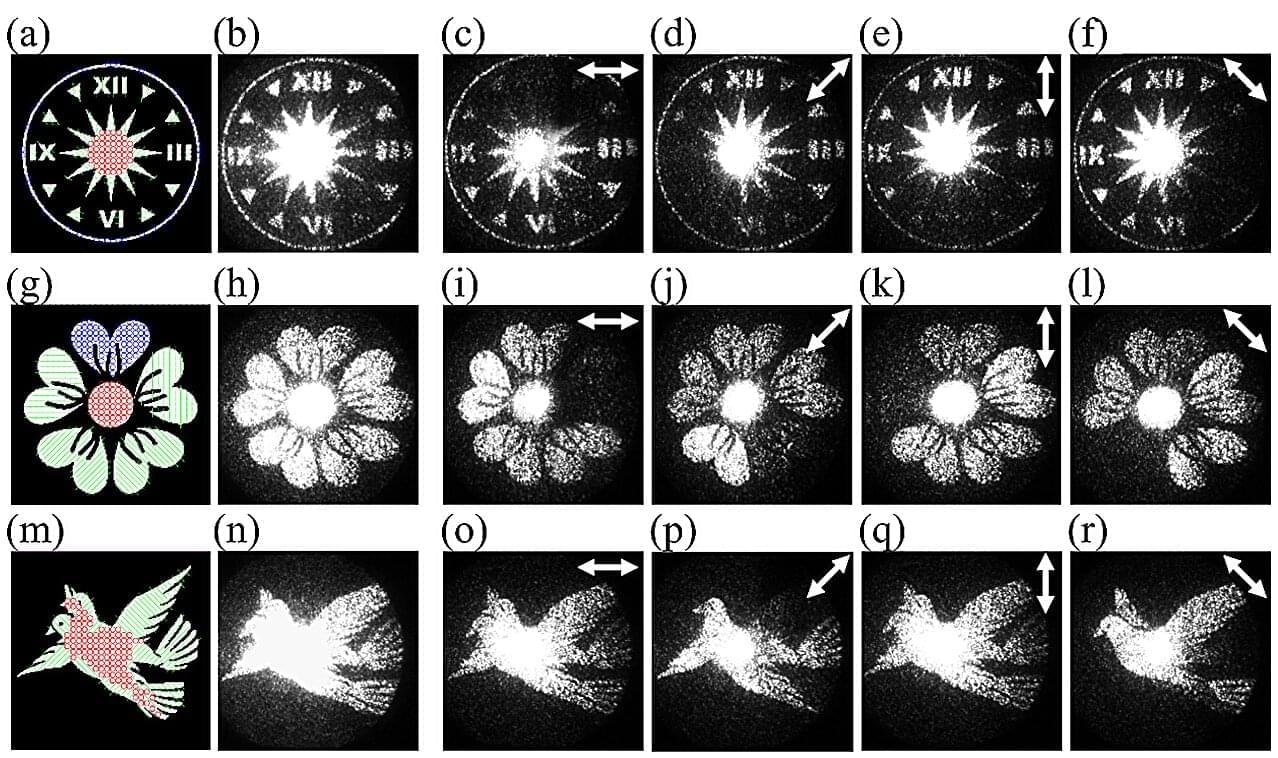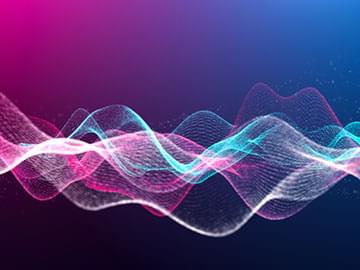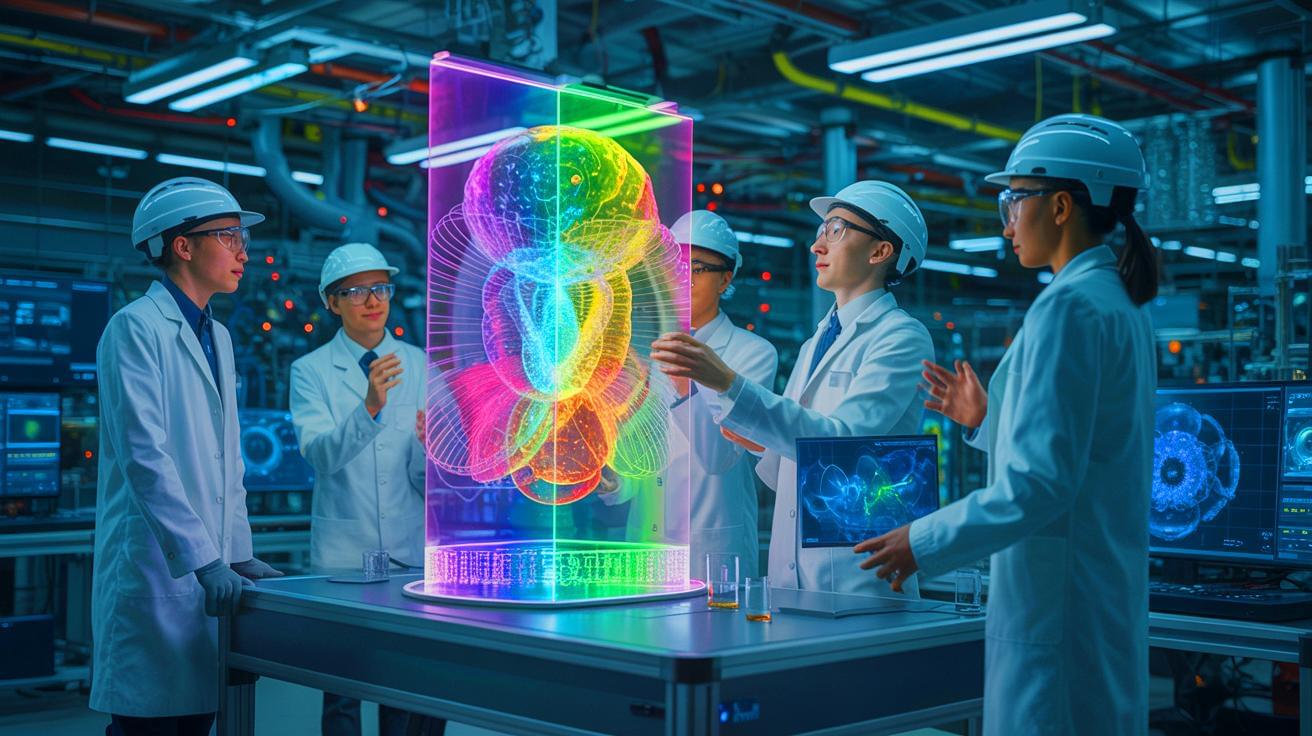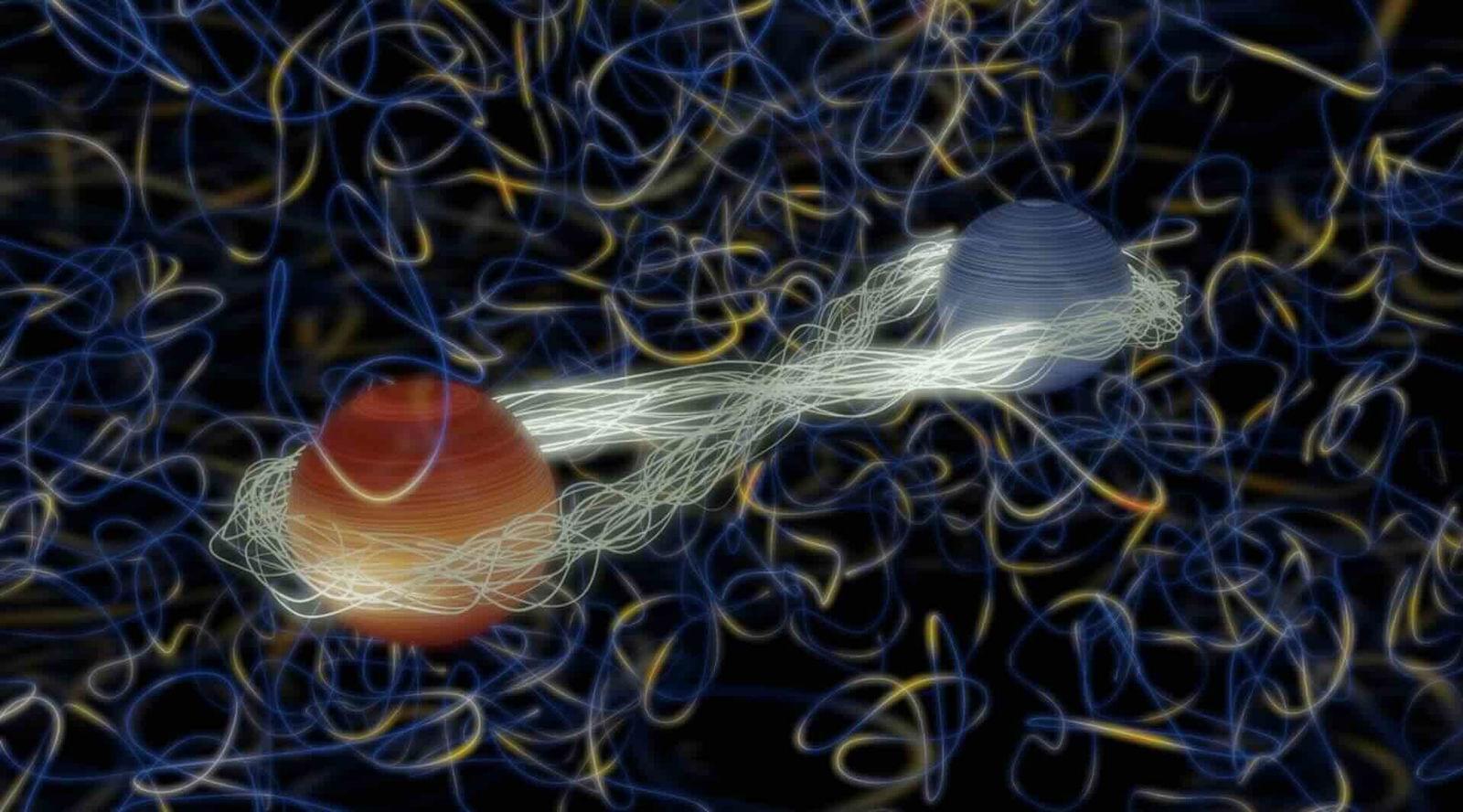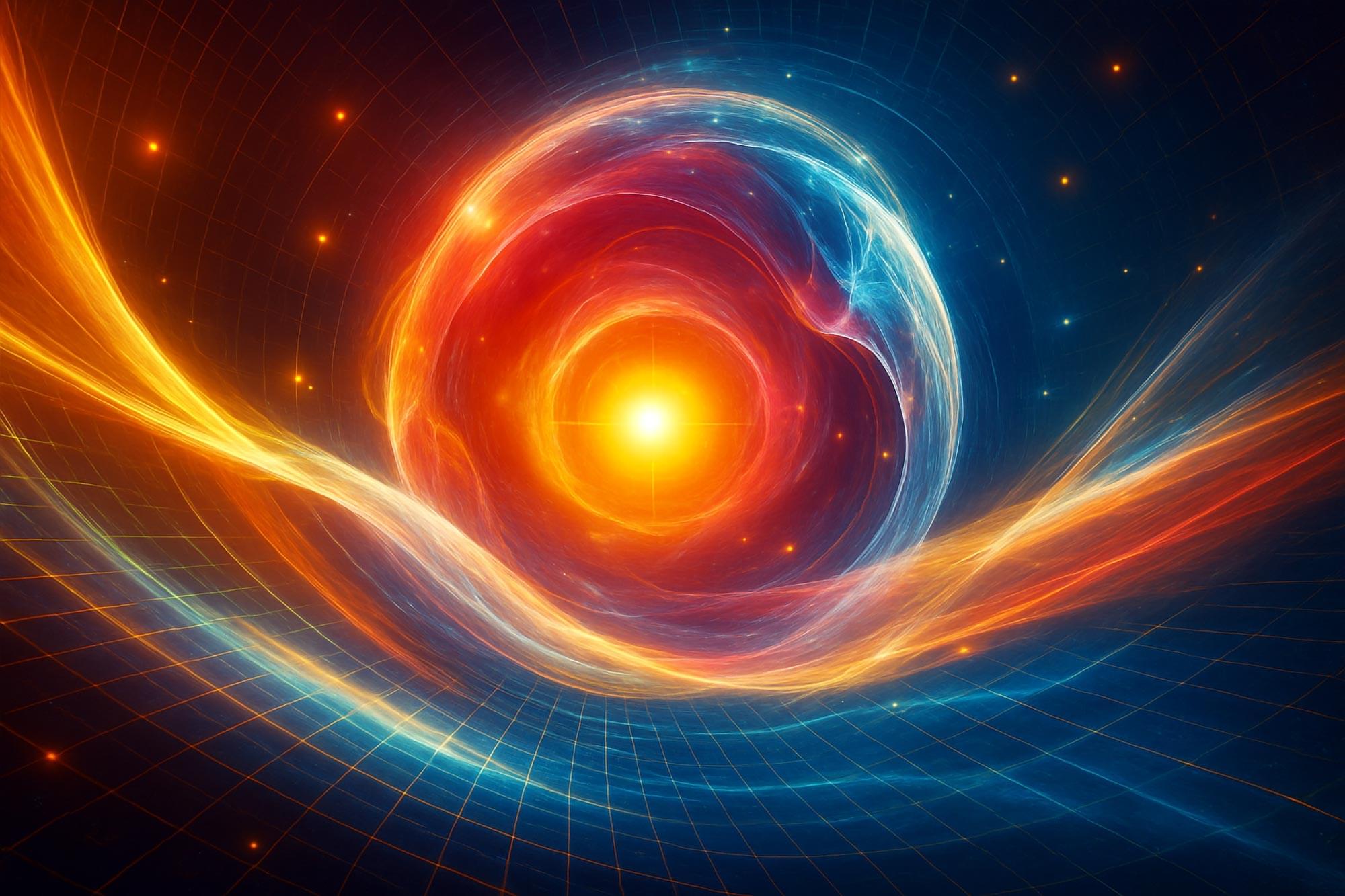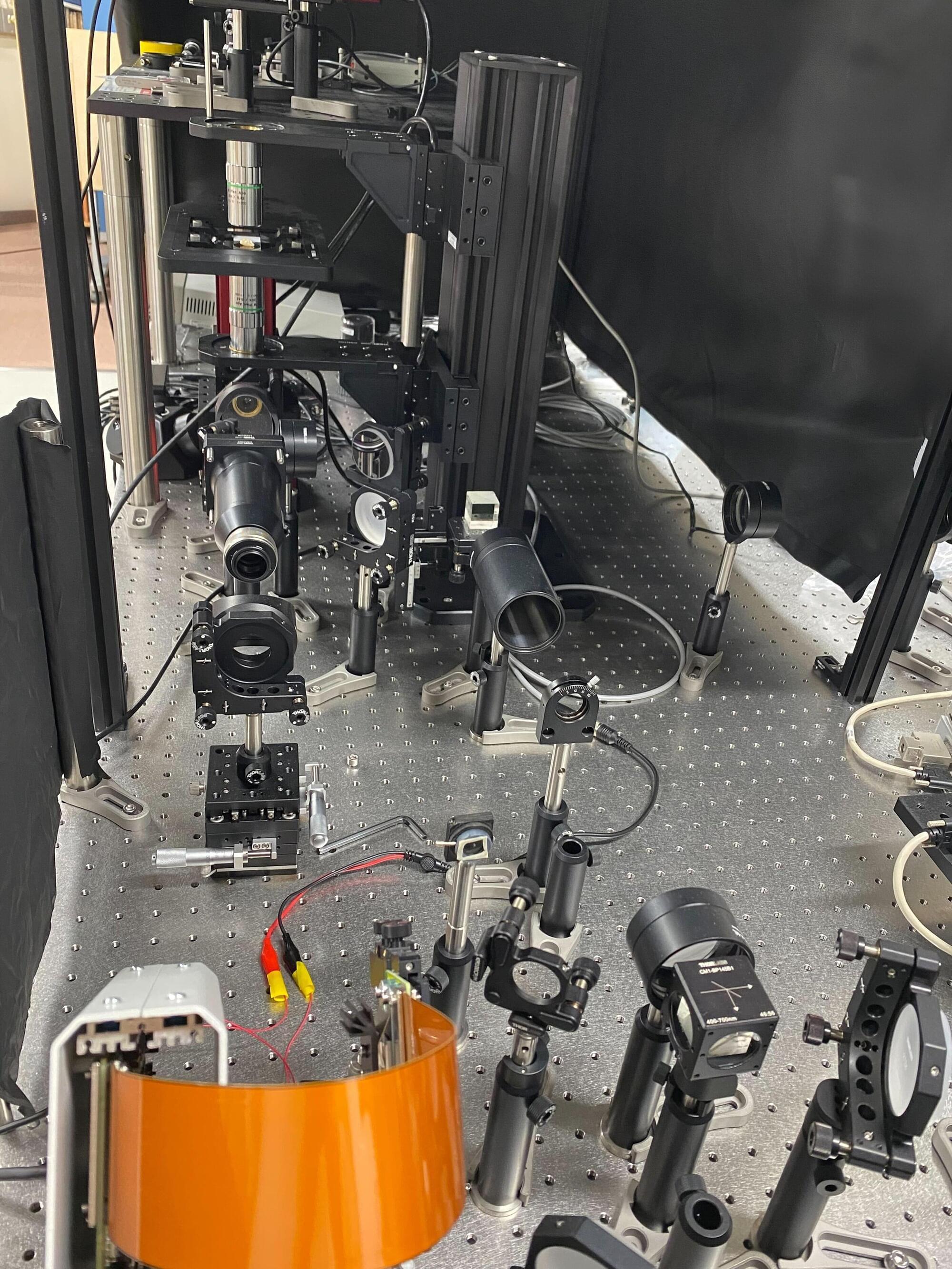NEW YORK, Aug. 5, 2025 /PRNewswire/ — A new study provides the first visual evidence showing that brain circuits in living animals can be activated by ultrasound waves projected into specific patterns (holograms).
Led by scientists at NYU Langone Health and at the University of Zurich and ETH Zurich in Switzerland, the study describes a system that combines sources of ultrasound waves and a fiber scope connected to a camera to visualize in study mice brain targets that are directly activated by the sound. This lays the groundwork, the study authors say, for a new way to treat neurological diseases and mental health disorders from outside of the body.
Already, there are applications approved by the Food and Drug Administration and designed to reduce tremor symptoms seen in Parkinson’s disease, using intense sound waves to kill brain cells called neurons within neural pathways linked to tremors. Rather than kill neurons, the lower-intensity ultrasound waves used in the current work can temporarily activate them, the researchers say. The resulting effects can be widespread as neurons relay messages to other neurons within their circuits and between interconnected neuronal circuits.
